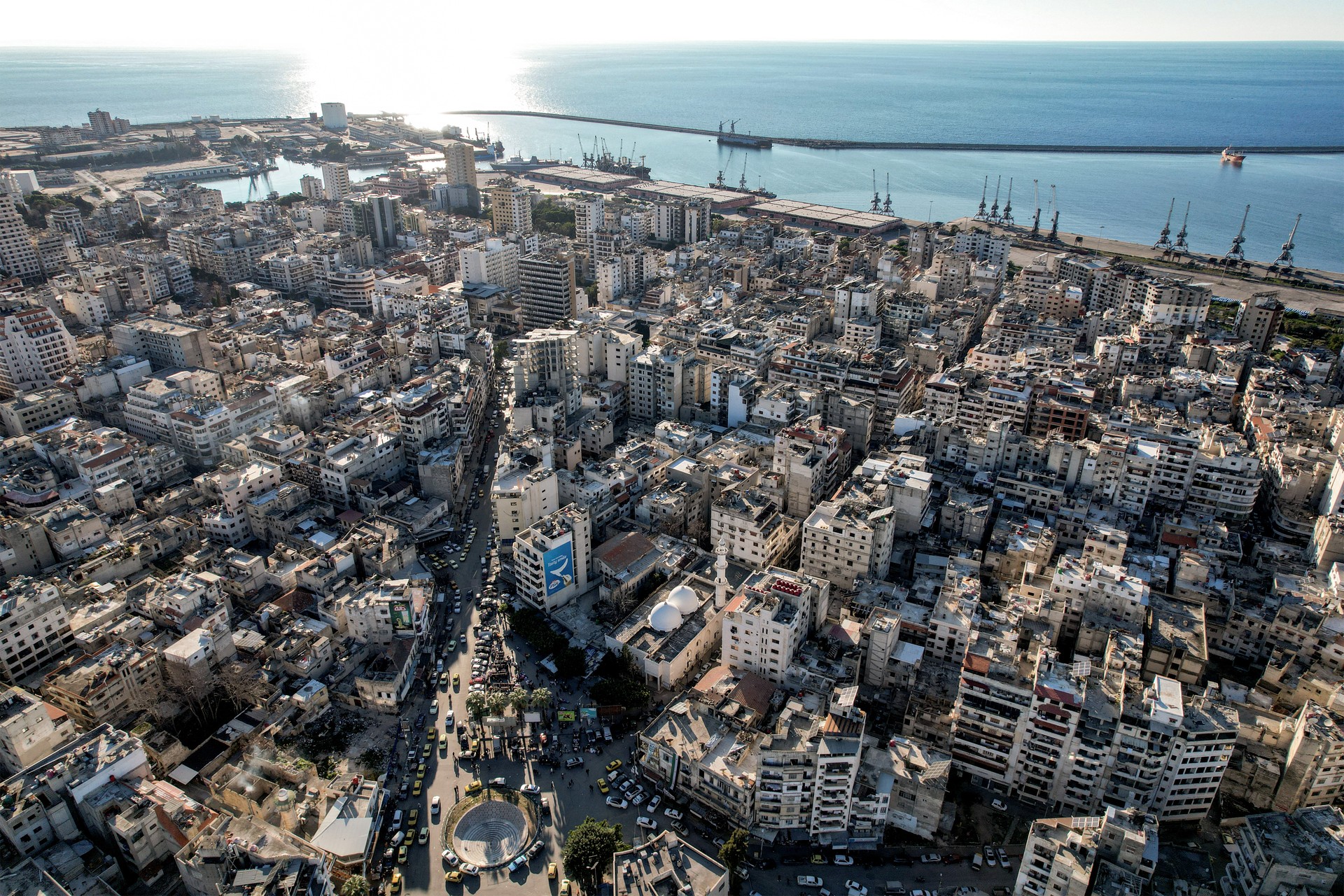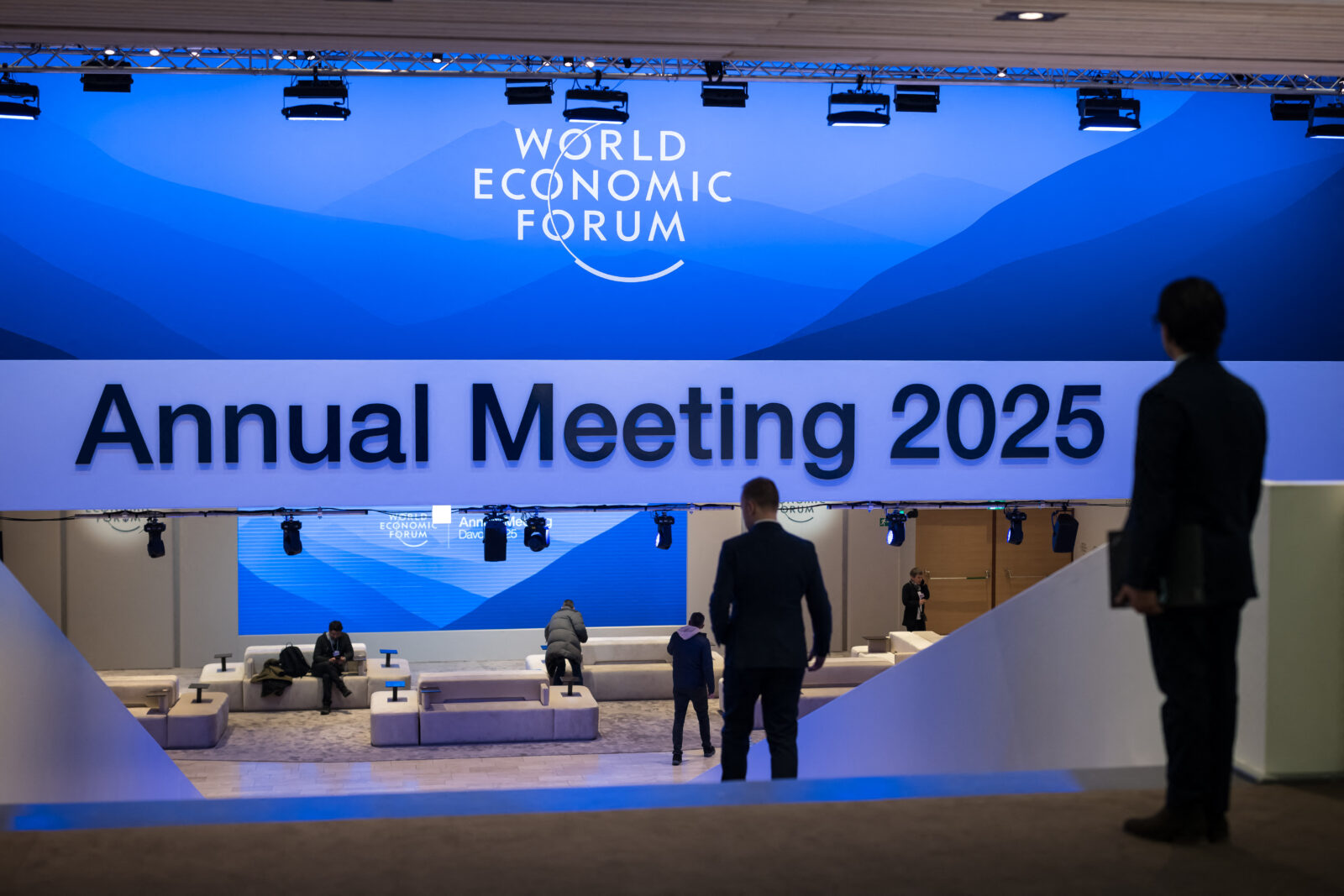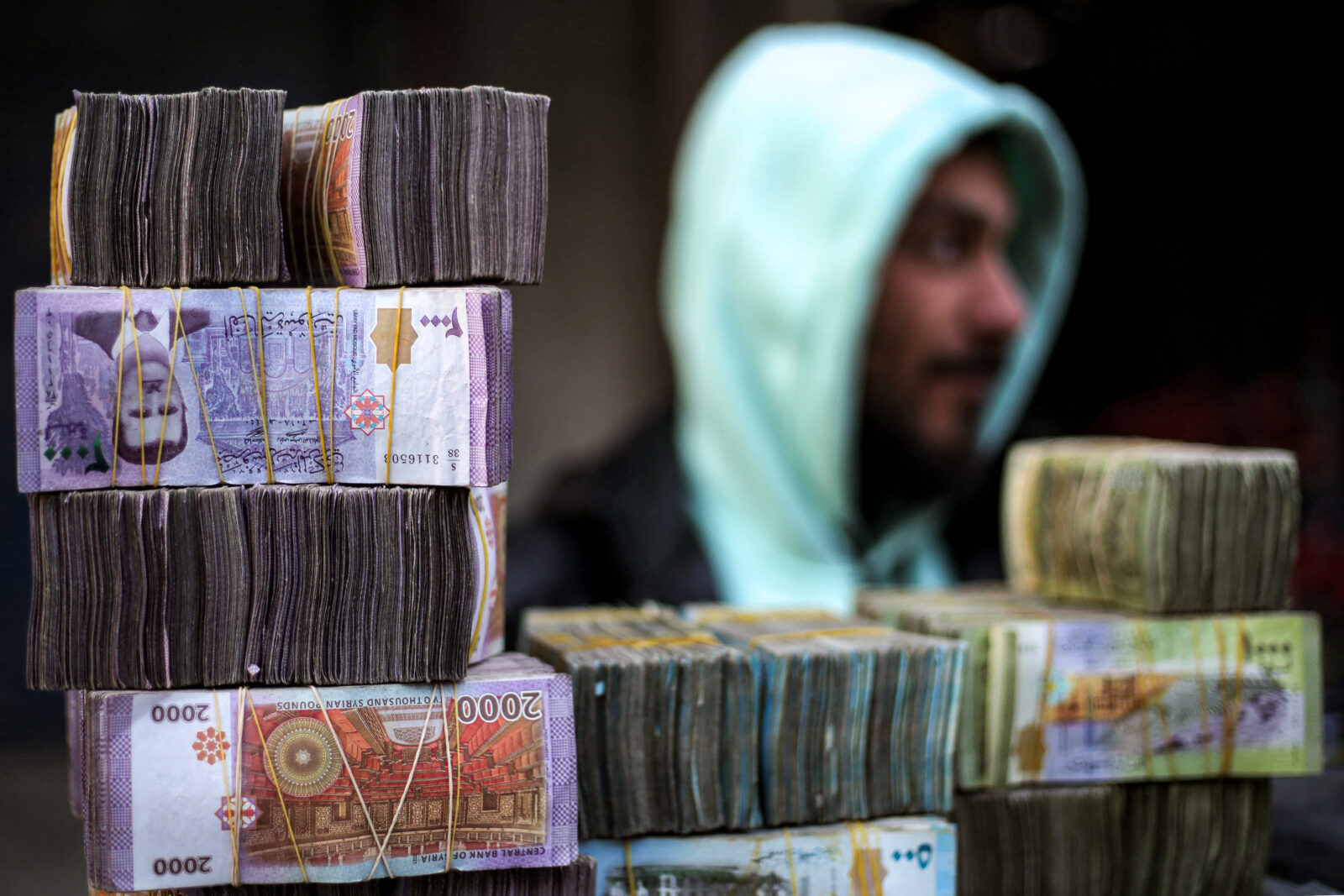
Syria's foreign minister, Asaad al-Shaibani, announced plans for sweeping economic reforms, including the privatization of state-owned assets and encouragement of foreign investment, in an effort to lift decades of international isolation.
Speaking to the Financial Times ahead of his appearance at the World Economic Forum in Davos, Shaibani outlined the government’s vision for economic recovery and sanctions relief.
"Our vision is one of economic development," Shaibani stated. "There need to be laws and clear messages to attract foreign investors and encourage Syrians to return."
This marks the first time Syria will participate in the annual Davos meeting, a move aimed at rebuilding international trust and securing much-needed foreign investment.

Shaibani detailed plans to privatize state-owned ports, factories, and other assets while exploring public-private partnerships for infrastructure development, including airports, railways, and roads.
Key industries such as oil, cotton, and furniture production are also set for restructuring under the new strategy.
Challenges remain in finding investors for long-neglected facilities, but the minister stressed the need for self-reliance, stating, "We don’t want to live off humanitarian aid, nor do we want countries to give us money as if they’re throwing the investment in the sea."

Shaibani called for easing U.S. and European sanctions imposed during the Assad era, including measures targeting HTS, now part of Syria's new opposition-led government. The sanctions, he argued, impede recovery efforts and discourage foreign investment.
While the U.S. and EU have issued limited sanctions waivers, further relief hinges on political reforms and assurances about women’s and minority rights. EU foreign ministers are set to discuss sanctions at a meeting on Jan. 27.
"Sanctions relief must follow tangible progress in a political transition that reflects Syria in all its diversity," EU foreign policy chief Kaja Kallas stated.